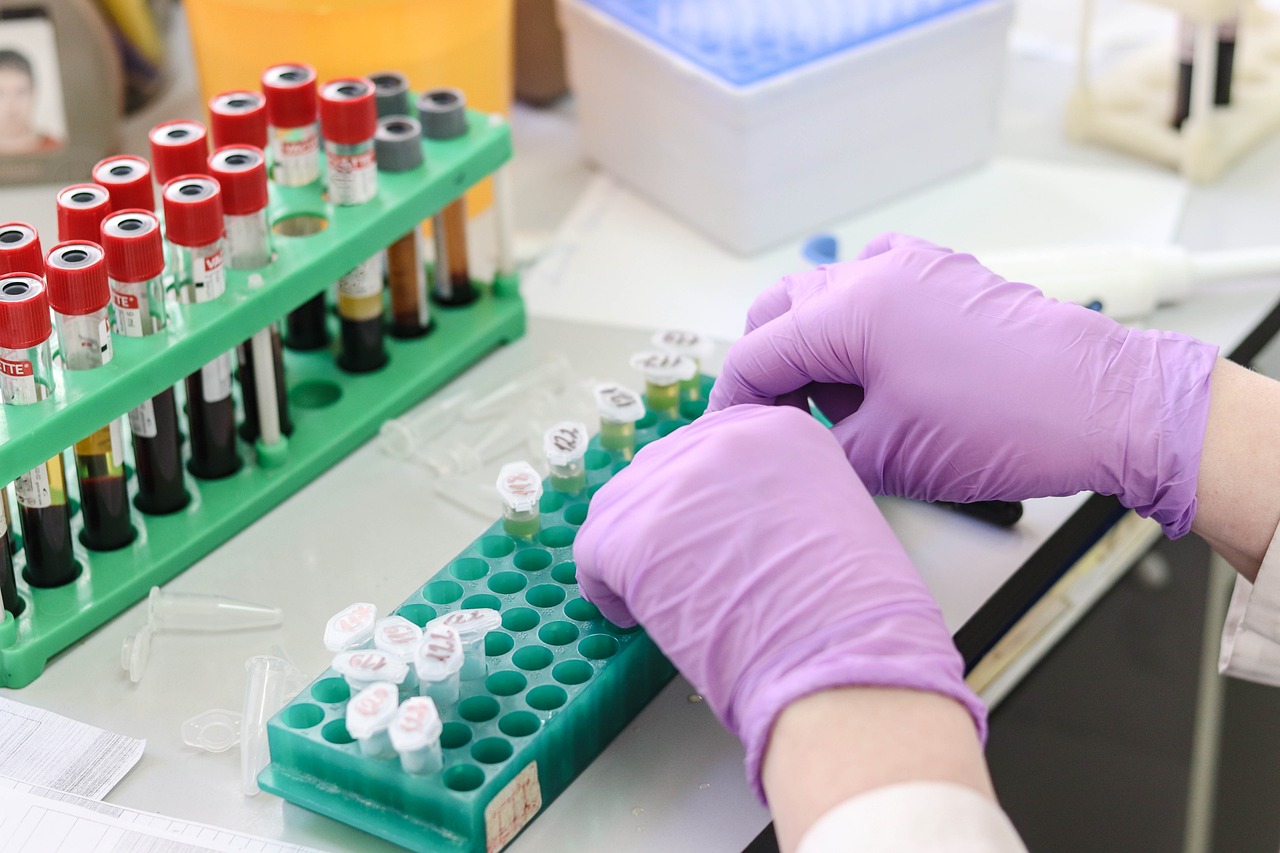A novel blood test 'can predict' the recurrence of breast cancer

Researchers have developed a new blood test that is "ultra-sensitive" and can identify whether breast cancer may recur years before the disease manifests on scans.
It has been shown to be 100% accurate in identifying the patients who would experience a recurrence of their cancer by detecting DNA remnants of the tumor prior to a complete relapse. It is believed that the test will increase survival rates by enabling treatment to begin earlier.
Though it's still early on, experts have called the UK research "incredibly exciting". According to Breast Cancer UK, 2.26 million people worldwide were diagnosed with breast cancer in 2020, and the disease claimed 685,000 lives in the same year. Breast cancer is the most frequent type of cancer globally.
78 patients with various forms of early breast cancer participated in the experiment, which was carried out by a group of researchers from the Institute of Cancer Research (ICR) London. The "liquid biopsy" examined the patient's blood for 1,800 mutations that are secreted by cancerous cells. Eleven women, all of whom experienced a relapse in their disease, had this circulating tumor DNA discovered. No other female had a recurrence of cancer.
Results from the blood test were presented on Sunday at the American Society of Clinical Oncology meeting in Chicago. On average, the test identified cancer 15 months before symptoms manifested or the sickness was visible on scans. The diagnosis wasn't verified by a scan until 41 months after the initial finding. According to ICR lead researcher Dr. Isaac Garcia-Murillas, "Breast cancer cells can remain in the body after surgery and other treatments, However, these cells may exist in such little numbers that subsequent scans are unable to identify them."
He continued by saying that several years after their first course of treatment, people may relapse due to the cells. The study, according to Dr. Garcia-Murillas, paves the way for improved post-treatment monitoring and even life-extending therapy. Blood samples were analyzed by researchers at the time of diagnosis, then once more after chemotherapy and surgery.
"Really thrilling"
The following year, these tests were conducted every three months, and for the following five years, they were conducted every six months. "Early detection is one of our greatest weapons against breast cancer and these initial findings, which suggests new tests could be able to detect signs of breast cancer recurrence over a year before symptoms emerge, are incredibly exciting," stated Dr. Simon Vincent, director of research, support, and influencing at Breast Cancer Now, which provided partial funding for the study.
He noted that the research was still in its early phases but added that early detection of a breast cancer recurrence increases the likelihood that treatment will eradicate the cancer and prevent it from spreading to other parts of the body and becoming incurable. Dr. Vincent went on: "With around 11,000 people dying every year in the UK from secondary breast cancer, breakthroughs like these are urgently needed so that we can stop people losing their lives to this devastating disease."
When the test might be made freely accessible is unknown. The announcement comes after many breakthroughs in cancer research throughout the previous week. It follows the discovery that at-home saliva testing outperform conventional blood tests in identifying men who are more likely to develop prostate cancer. Additionally, it was revealed on Friday that thousands of cancer patients in England's NHS are anticipated to have access to clinical trials for a novel form of treatment that uses individualized vaccinations to combat their illness. However, a cancer organization announced on Monday that record numbers of cases of melanoma skin cancer were anticipated in the UK.

You must be logged in to post a comment.